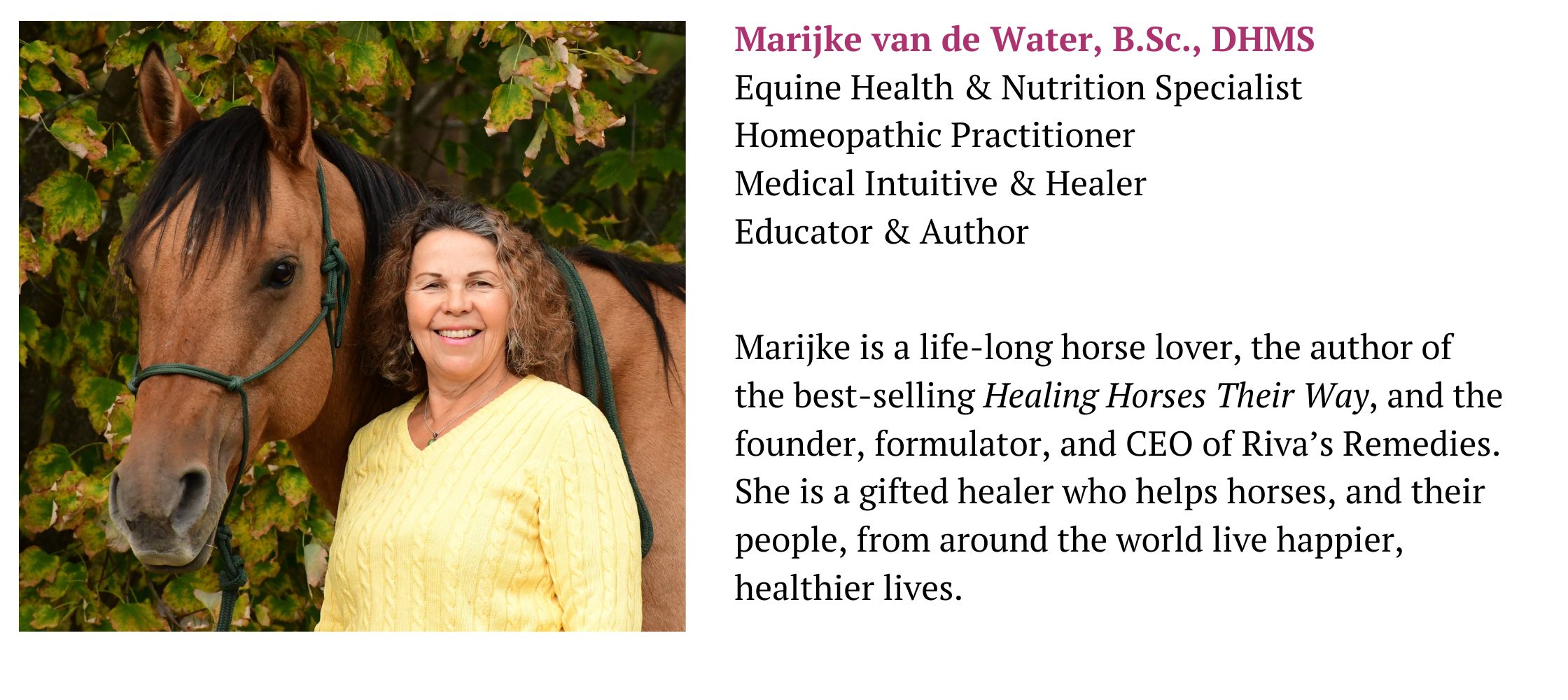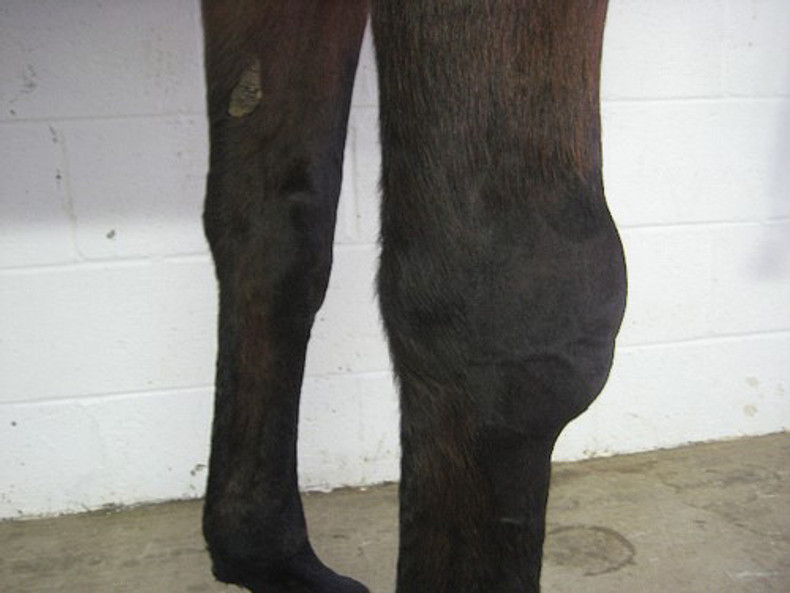What are Nutraceuticals?
The word nutraceutical was first coined by Dr. Stephen DeFelice from the Foundation for Innovation in Medicine in 1989. As the name implies, a nutraceutical is a combination of the words nutrition and pharmaceutical to describe a substance that is isolated or purified from food, or parts of a food, that provides medical or health benefits including the prevention and treatment of disease. Examples of nutraceutical include vitamins, minerals, essential fatty acids, oils, amino acids, and some herbs.
More commonly however, the term is primarily reserved for products such as MSM, chondroitin, and glucosamine, likely because their use has become so wide-spread. In fact, these products have been so effectively marketed for arthritis in horses that they are now being used for every ache, pain and joint discomfort imaginable, including even symptoms that are completely unrelated. There are thousands of different arthritis products available containing these ingredients, for both people and animals. It is even routinely added to pet food and horse feed! Such is the power of marketing.
But miracle products don’t normally exist - even though we are often sold on the promise that they do – and can frequently cause other health problems. Let’s take a closer look and learn how these products are affecting our horses.
MSM
MSM (methylsulfonylmethane) is a form of sulphur which can be valuable for arthritis, joint pain and swellings. It can be particularly beneficial for acute muscle injuries and some forms of arthritis as it strengthens connective tissue and also helps to increase the permeability of the joint and muscle membranes allowing the release of excess fluid. This can result in a relief of swelling as well as drainage of inflammatory toxins. However, many horses are sensitive or intolerant to sulphur compounds which can then result in fatigue, shortness of breath, congestion, immune issues, or skin problems. In addition, the long-term use of MSM depletes calcium levels. All of these symptoms can occur shortly after taking the supplement or appear more slowly over time. No matter how your horse responds, dose on the side of caution and limit the use of MSM to thirty days unless obvious benefit is demonstrated beyond that time.
Glucosamine
Glucosamine with or without chondroitin is used by many horse owners as treatment for inflammation and osteoarthritis because it is sometimes capable of regenerating bone cartilage. However, symptoms similar to the MSM reactions are also common with the use of glucosamine sulphate (GLS) or chondroitin sulphate since the sulphate molecule on GLS can create the same adverse immune reactions. Because of these sulphur sensitivities, glucosamine is also available in non-sulphur forms such as GLHCL. But there are other problems with glucosamine. Glucosamine is a unique type of sugar concentrated into a capsule. It therefore inhibits the pancreas from producing insulin which raises blood sugar levels and encourages weight gain. And, it over-works the liver because the liver must metabolize all sugars. Glucosamine is therefore contraindicated in several health conditions and should not be used for horses who are easy keepers, obese, Insulin Resistant, have metabolic problems, or who have PPID (Cushing’s syndrome).
In addition, glucosamine has been implicated in causing an increase of blood pressure and changes in heart rhythm in sensitive people and animals. Some of these issues are easy to detect with people but your horses cannot tell you that they feel shaky inside or that their heart doesn’t feel right.
What Is Your Horse Telling You?
Considering that thousands of horses are being fed products containing MSM or glucosamine products over long periods of time, we know that there are many, many horses out there who want to tell us that their fatigue, shortness of breath, poor performance, immunity issues, heart symptoms and metabolic problems are due to their supplement program. But unfortunately, there is little awareness out there of the problems that are occurring with these Generally Regarded As Safe (GRAS) supplements. Rather, these symptoms are often blamed on other issues and horses may even be wrongly medicated.
Too Good To Be True
Despite the very effective mass marketing of nutraceuticals, they should not be considered a panacea for every ailment. There are no panaceas; if it’s too good to be true it probably is. Always seek the underlying cause of all ailments be it diet, lack of exercise, or nutritional deficiencies. Diet is a major cause of joint pain! Especially sugar.
As herbivores, horses should never use glucosamine or chondroitin that is sourced from animal bone, shark or shellfish. Nutraceuticals can now also be artificially synthesized in the lab from vegetarian sources but these are made from fungus or fermented wheat or GMO corn – also not desirable alternatives. And never use supplements long-term unless they have demonstrated obvious benefits.
Healthy Natural Alternatives
Alongside diet, there are many other natural solutions for joint pain and inflammation. Lameness and arthritic issues are frequently related to a calcium deficiency which is a very common mineral deficiency in horses. For a safe and effective program, start with Bone-Up and Joint-Clear. Eliminate grass, all grains, sweet feeds and all other high sugar feeds. These acid-producing foods commonly contribute to pain, stiffness and inflammation. Rarely will supplements – including nutraceuticals – solve pain problems without an improved diet.
It is also recommended to have a hair tissue mineral analysis performed to determine exactly how the minerals measure up for your horse.


